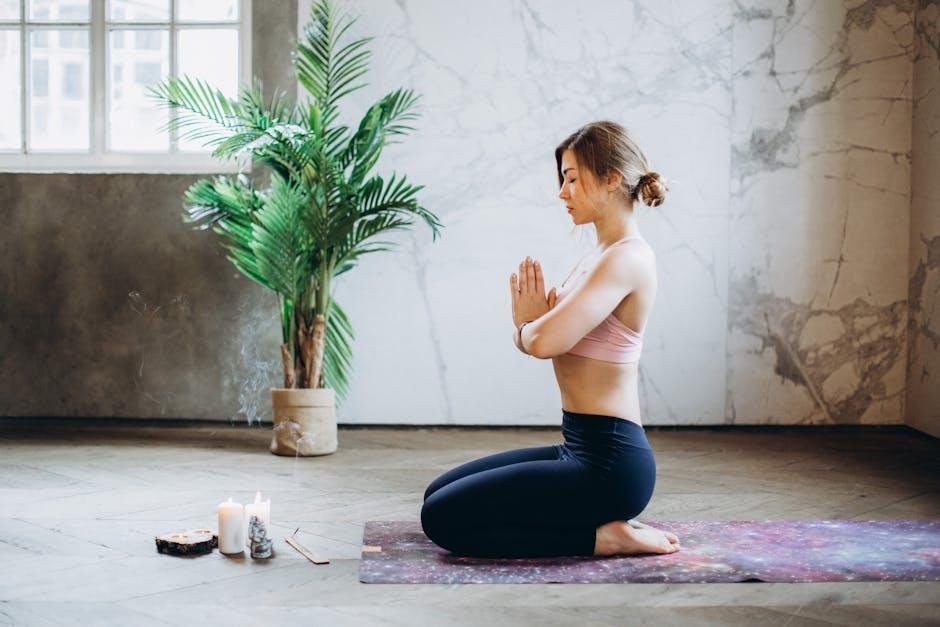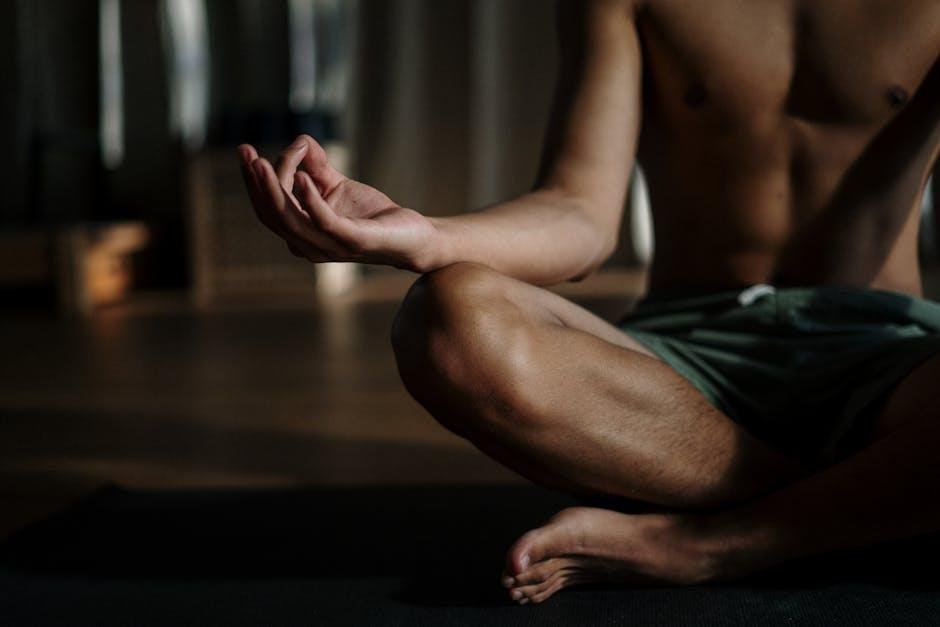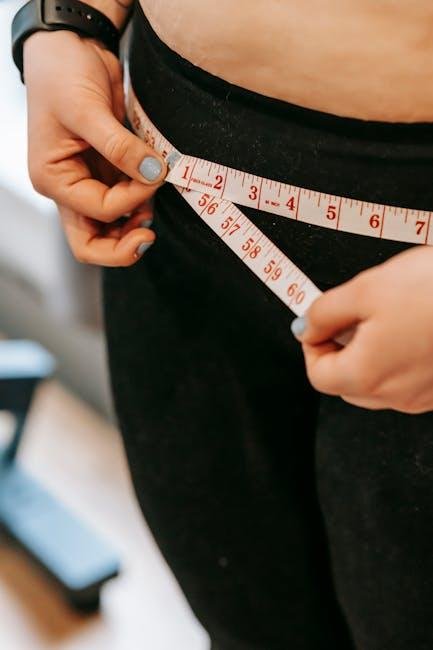In a world that moves at an exhilarating pace, where moments of stillness can feel like a luxury, the practice of meditation offers a gentle refuge. It’s not merely a trend, but a powerful tool for fostering mindfulness and enhancing emotional well-being. Yet, the challenge many face is establishing a daily meditation routine that transcends those initial bursts of enthusiasm and becomes a lasting part of life. So how do we seamlessly weave this profound practice into the fabric of our daily existence? In this article, we will explore practical steps and thoughtful strategies to create a meditation routine that not only fits into your lifestyle but also blossoms into a cherished habit, allowing you to cultivate clarity and calm amid the chaos. Whether you are a seasoned practitioner or a curious newcomer, join us on this journey to discover how to make daily meditation not just a goal, but a rewarding reality.
Crafting Your Ideal Meditation Space for Lasting Calm
Designing a space dedicated to meditation is all about creating an atmosphere that resonates with peace and tranquility. Start by choosing a quiet corner in your home where you can retreat without interruptions. Think about incorporating natural elements like plants, stones, or a small water feature. Soft, diffused lighting can enhance the ambiance, so consider using candles or string lights to create a soothing glow. Add cozy seating—whether it’s a zafu cushion, a yoga mat, or a cozy armchair—to support your practice. Personal touches, such as artwork or mementos that inspire calmness, can further enhance your space’s energy.
Sound plays an crucial role in meditation, so consider the acoustics of your habitat. Equip your space with soft music, nature sounds, or even singing bowls to help clear your mind. To maintain clarity and focus, keep your meditation corner free from clutter. Utilize storage solutions, such as baskets or shelves, to neatly organize your meditation supplies, which might include items like journals, essential oils, or guided meditation recordings. Here is a simple table to help you outline essential items for your meditation space:
| Essential Item | Purpose |
|---|---|
| Cushion | Comfort and posture support |
| Candles | Soft lighting for ambiance |
| Essential Oils | Promote relaxation and clarity |
| Blanket | Warmth and coziness |

Selecting the Right Time and Duration for Your Practice
Finding the ideal time and duration for your meditation practice is crucial for building consistency. Many people find that early mornings,just after waking up,create a peaceful environment for introspection. At this time, your mind is fresh and free from the day’s distractions, allowing for a deeper connection to your thoughts. Alternatively, some might discover that evenings—when the day’s events have settled—provide a perfect backdrop for reflection. Experimenting with different times can definitely help you identify when your mind feels most receptive. Moreover,consider your personal schedule and energy levels to pinpoint the sweet spot that aligns with your lifestyle.
As for duration, starting small is frequently enough the key to establishing a enduring routine.Aiming for just 5 to 10 minutes each day can prevent feelings of overwhelm and encourage discipline. Once you feel comfortable, gradually increase the length to 15 to 20 minutes. Here’s a simple table to illustrate possible durations:
| Duration | Recommended Experience Level |
|---|---|
| 5-10 minutes | beginner |
| 15-20 minutes | Intermediate |
| 30+ minutes | Advanced |
This flexible approach not only keeps you engaged but enables you to cultivate a habit that seamlessly fits into your daily routine. adjusting the time and duration as necessary will ensure that meditation remains a joy rather than a chore, ultimately enhancing your overall experience.

Incorporating Mindfulness Techniques for Deeper Engagement
To cultivate a sustainable daily meditation practice, integrating mindfulness techniques can profoundly enhance your experience and engagement. One effective method is to establish a sensory anchor. This could be a specific sound,a gentle scent,or even a visual object that draws your attention during meditation. Whenever your mind starts to wander, returning to this anchor can ground you, reinforcing both your focus and presence. Here are some ways to use sensory anchors:
- Aromatherapy: utilize essential oils such as lavender or eucalyptus to create a calming atmosphere.
- Soundscapes: Listen to serene background music or nature sounds that resonate with your spirit.
- Visual Cues: Meditate in front of a piece of art or an object that inspires tranquility.
Additionally, incorporating mindful pauses throughout your day can enhance your overall meditation routine. These brief moments, where you consciously check in with your body and emotions, can serve as mini-meditations that prepare your mind for deeper engagement. Consider the following practices to integrate mindful pauses:
| Activity | Duration | Mindfulness Technique |
|---|---|---|
| Breath Awareness | 1 minute | Focus on your inhales and exhales. |
| body Scan | 2 minutes | Notice tension in different muscle groups. |
| Gratitude Reflection | 3 minutes | List three things you are grateful for. |

Tracking Progress and Celebrating Milestones Along the Journey
Embarking on a daily meditation journey is exciting,but it’s essential to keep track of your progress to stay motivated. Consider maintaining a meditation journal where you record your daily experiences, thoughts, feelings, and even the duration of your practice. Tracking these moments creates a tangible sense of achievement and helps you identify patterns or obstacles in your routine. Make note of how you feel before and after each session to help gauge your emotional and mental growth. It can be encouraging to look back and see how far you’ve come—both in terms of consistency and in depth of your practice.
Every milestone deserves recognition, no matter how small.Celebrate your achievements by setting specific goals,such as reaching a certain number of consecutive days of meditation or exploring new techniques. Create a simple reward system for hitting these milestones. For example, after completing a week of daily meditation, treat yourself to a relaxing activity, such as a long bath or a favorite book. To help visualize your progress, use a basic tracking table that outlines your meditation days and achievements:
| Date | Duration | Milestone Achieved |
|---|---|---|
| day 1 | 10 mins | Started the journey |
| Day 7 | 15 mins | One week consistent |
| Day 14 | 20 mins | Two weeks strong! |
The Way Forward
As we wrap up our exploration of cultivating a daily meditation routine that endures, it’s essential to remember that this journey is uniquely yours.Like a river shaping its path, your meditation practice will evolve, adapting to the rhythm of your life. Embrace the small victories and be gentle during the inevitable ebbs and flows.
Consistency is not solely about frequency, but also about intention – carving out those precious moments for yourself, free from the demands of the outside world. Whether you find solace in the early dawn, the quiet of midday, or the calm of the evening, the key lies in honoring your chosen time as sacred.
So, take a deep breath and step forward into this practice with an open heart. Each session is a brushstroke on the canvas of your well-being, painting a masterpiece of mindfulness and self-revelation. As you nurture this routine, may it blossom into a source of strength, peace, and clarity that enriches not only your day but your entire life.
Now, go forth and meditate. Your journey awaits, and every moment is a chance to reconnect with the stillness that resides within you.

